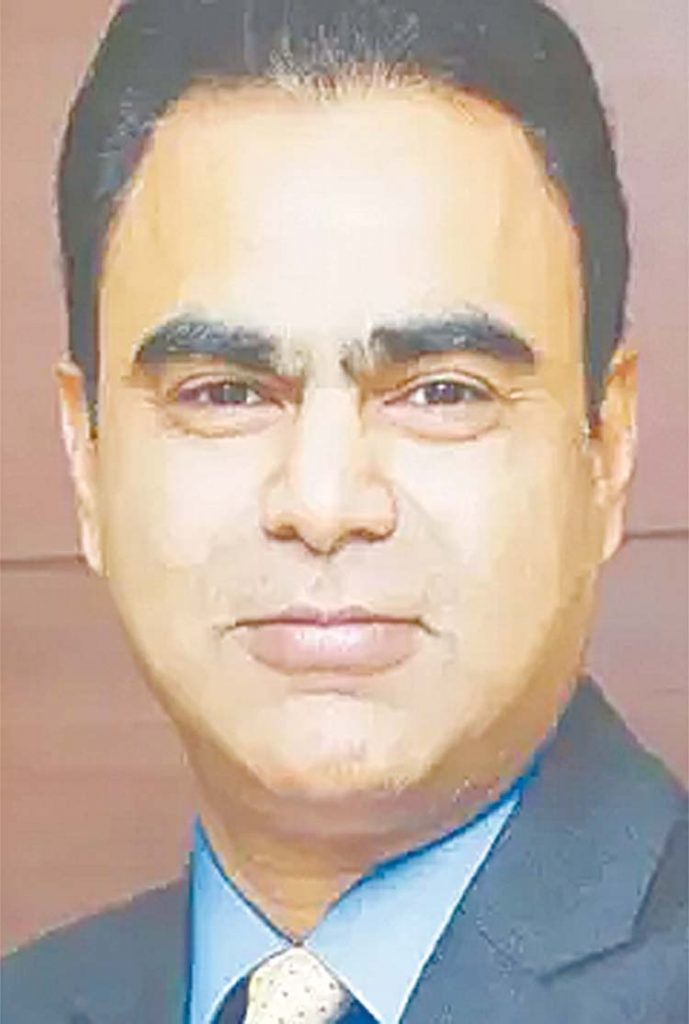
Mumbai, May 10 (FN Bureau) Diversified conglomerate Greaves Cotton expects its non-automotive engine business to witness continued growth on the back of demand from sectors such as infrastructure, defence, construction, farm and machinery, among others. The company’s non-automotive engine business grew 54 per cent to 13,673 units in the March quarter of the previous fiscal, as compared to 8,756 units in Q4FY20. For the full year, it logged a 14 per cent growth at 43,629 units in financial year 2020-21, as against 38,411 units in the fiscal year ended March 2020, according to an investor presentation.
Apart from engine business, which include both automotive and non-automotive, the Mumbai-based conglomerate has also presence in electric mobility, farm equipment, generator sets, after-market spares and service. ‘We believe the non-automotive engine business will continue to grow as there will be a lot of movement towards productivity and replacing manual labour whether for use in segments such as infra, construction and machinery. These engines are being used for non-auto application,’ Greaves Cotton Group CEO and MD Nagesh Basavanhalli told.
Stating that Graves Cotton had started diversifying three years ago, he said, ‘we are leveraging our core competency in auto engines and as a strategy, leveraging it to non-auto engines. So, leveraging the same competency, supplying to marine, defence, construction, farm, among others, that business has grown 56 per cent in the March quarter over Q4 of FY20.’ He said that the company was keeping a watch on the pandemic-hit April quarter but emphasized that the ‘non-automotive business will continue to grow.’ The company in the presentation said that the ‘outlook on agriculture, marine and non-automotive engines continues to remain strong in anticipation of a good monsoon for the third consecutive year. Focus on R&D and introducing technology enabled and energy efficient products, is also anticipated to enhance our growth momentum in the medium-term.’ On the automotive engine business, Basavanhalli said while the demand for the cargo segment is coming back, the passenger segment is expected to come back after a quarter or two post the pandemic.
The company’s automotive engine business fell 22 per cent to 29,665 units during the March quarter over the same period last year, while for full fiscal it slipped by a massive 63 per cent to 94,658 units as compared to 2,52,495 units in FY20, as per the presentation. It was in line with the pandemic-hit industry, which saw 67 per cent drop in demand during the fiscal and the diesel three-wheeler segment fell 62 pc.

